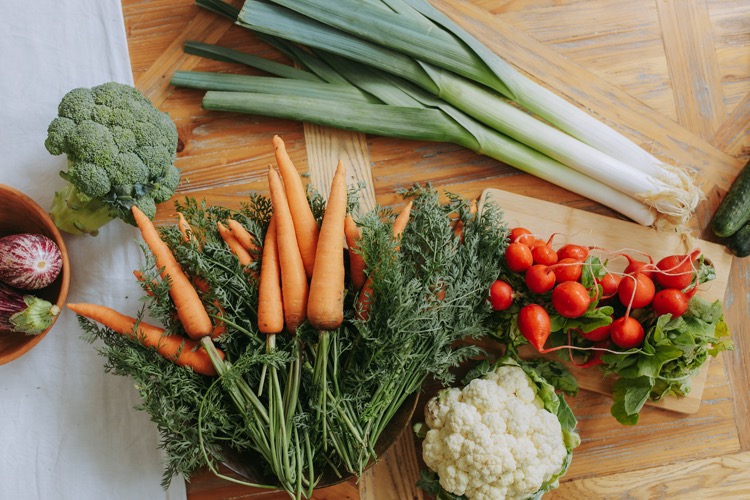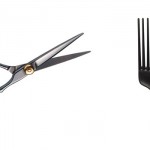
Uterine fibroids are one of the little-discussed health concerns affecting women world-wide today. But they have become so common, especially amongst women of African descent, that their risk factors cannot be stressed enough. Research indicates that about 80% of women will have fibroids in their lifetime. Doctors are still unable to determine the exact source of uterine fibroids besides the fact that obesity and family history play a significant role. Poor diet, one high in red meat and very low veggies, has also been linked to fibroids. Lifestyle changes have been known to help reduce uterine fibroids or get rid of associated pain and symptoms. We’ve identified five common fruits and vegetables, that can lower your risk, to incorporate into your diet.
The diet list
Cabbage: It’s very low in calories but high in nutritional value. For example, 1 cup of raw, green cabbage provides Vitamin K (56% of the daily value), Vitamin C (36% DV) and folate (10% DV) among others. Cruciferous vegetables are known to contain different antioxidants that help to reduce inflammation, something beneficial when you have fibroids.
Apple: One medium size apple provides vitamin C (10% of the daily value) needed. It also contains 6% copper, 5% potassium and 4% Vitamin K.
Tomatoes: Tomatoes are a great source of vitamin C, potassium, folate, and vitamin K. One medium size tomato provides 28% vitamin C, which is the Referenced Daily Intake (RDI). They contain several other nutrients that are beneficial to the body.
Cauliflower: This nutrient dense vegetable provides vitamin C (58% of the daily value), vitamin K (14% of the DV), folate (15% of the DV), vitamin B6 (12% of the DV) and several others.
Beans: One of the best plant based proteins around, and a staple ingredient in many African cuisines, beans also provide fiber which is beneficial when dealing with fibroids.






